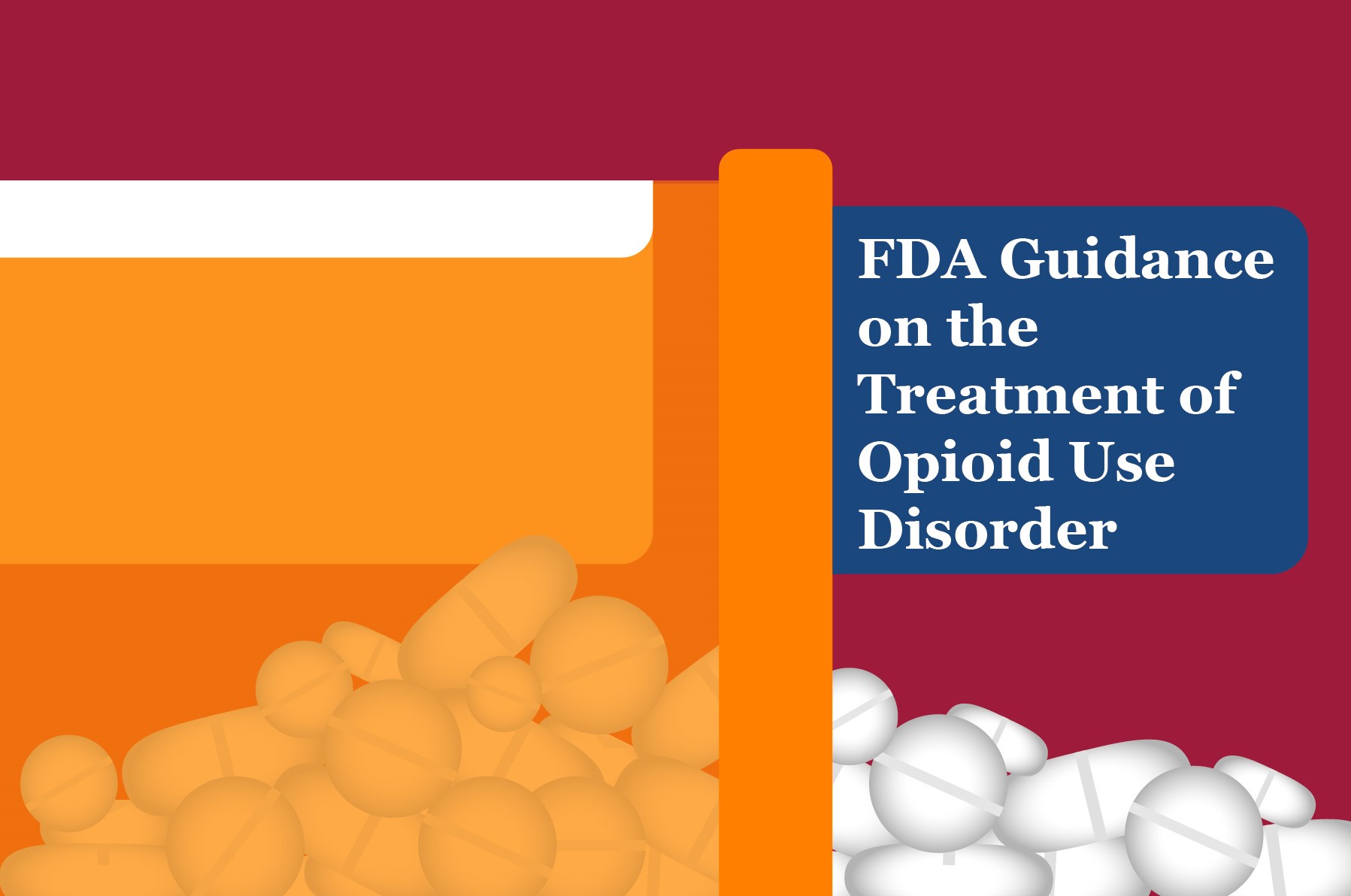While COVID-19 has been the primary focus for most of us this past year, many of the health crises that were a problem before COVID-19, have, unfortunately, continued to be an issue. One of these crises is Opioid Use Disorder (OUD), which is defined as the overuse and dependence on opioids. Luckily, for the 1.7 million Americans that suffer from OUD, the FDA has not allowed this crisis to fall to the wayside.1 Since the classification of opioid misuse as a crisis, the FDA has taken many different approaches to solve this problem, including:
- Creating strict guidelines that providers must follow when prescribing opioids
- Making guidance documents about the appropriate storage and disposal of unused opioids
- Development of committees that are dedicated to solving the crisis
- Development of innovation challenges, aimed at encouraging pharmaceutical and medical device companies to create novel treatment options for people who suffer from OUD2
These initiatives have helped the opioid crisis in a variety of ways, but, unfortunately, it continues to be a tricky problem to solve. The FDA’s most recent plan of action for dealing with this crisis has been to release a guidance document to encourage the development of novel treatments for OUD.3 This should be very helpful for anyone in the industry working on getting any novel OUD treatments FDA approved and will hopefully allow faster marketing for these treatments. In turn, this will give people suffering from OUD more options. Having a variety of treatment options is especially important for anyone dealing with a disorder of this type since often there is no one cure-all for everyone. People usually require a few different treatment options, and often there is a lot of trial and error involved.
If your company has been making opioids, if your company is looking to market novel technologies targeted at helping treat OUD, or if your company is working on making alternatives to opioids, our team at EMMA International can help! Our regulatory experts can help ensure your testing, documents, and applications are all compliant with the FDA requirements. Contact us at 248-987-4497 or info@emmainternational.com for additional information.
1National Institute on Drug Abuse. (2020, May 27). Opioid Overdose Crisis. Retrieved November 9, 2020, from https://www.drugabuse.gov/drug-topics/opioids
2FDA. (2020, August 8). Opioid Medications. Drug Safety and Availability. Retrieved November 9, 2020, from https://www.fda.gov/drugs/information-drug-class/opioid-medications
3 FDA. (2020, October 1). FDA Finalizes Guidance to Encourage Development of Novel Medicines to Treat Opioid Use Disorder. FDA In Brief. Retrieved November 9, 2020, from https://www.fda.gov/news-events/fda-brief/fda-brief-fda-finalizes-guidance-encourage-development-novel-medicines-treat-opioid-use-disorder





